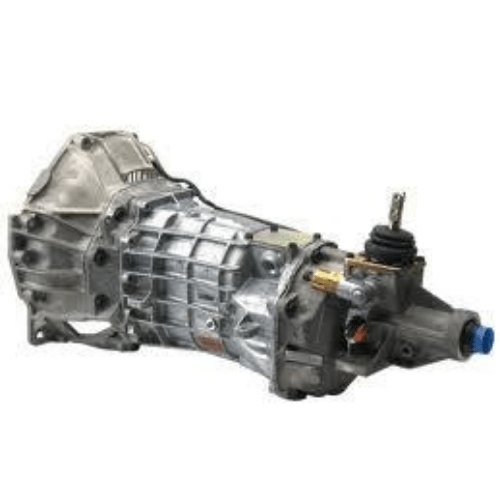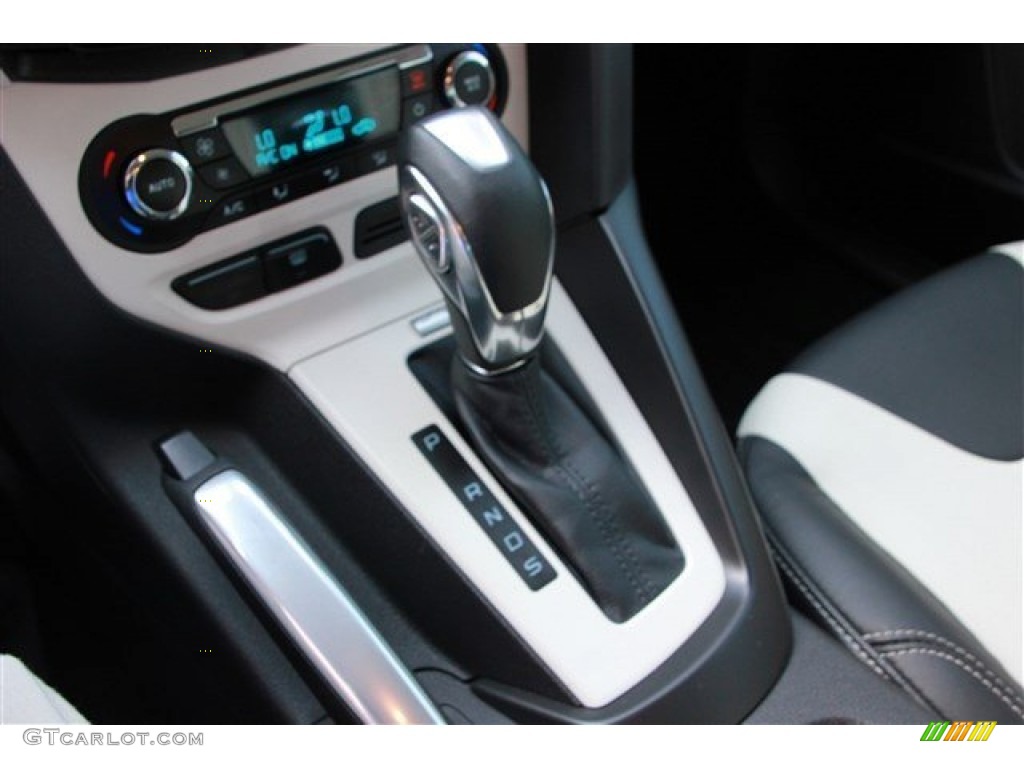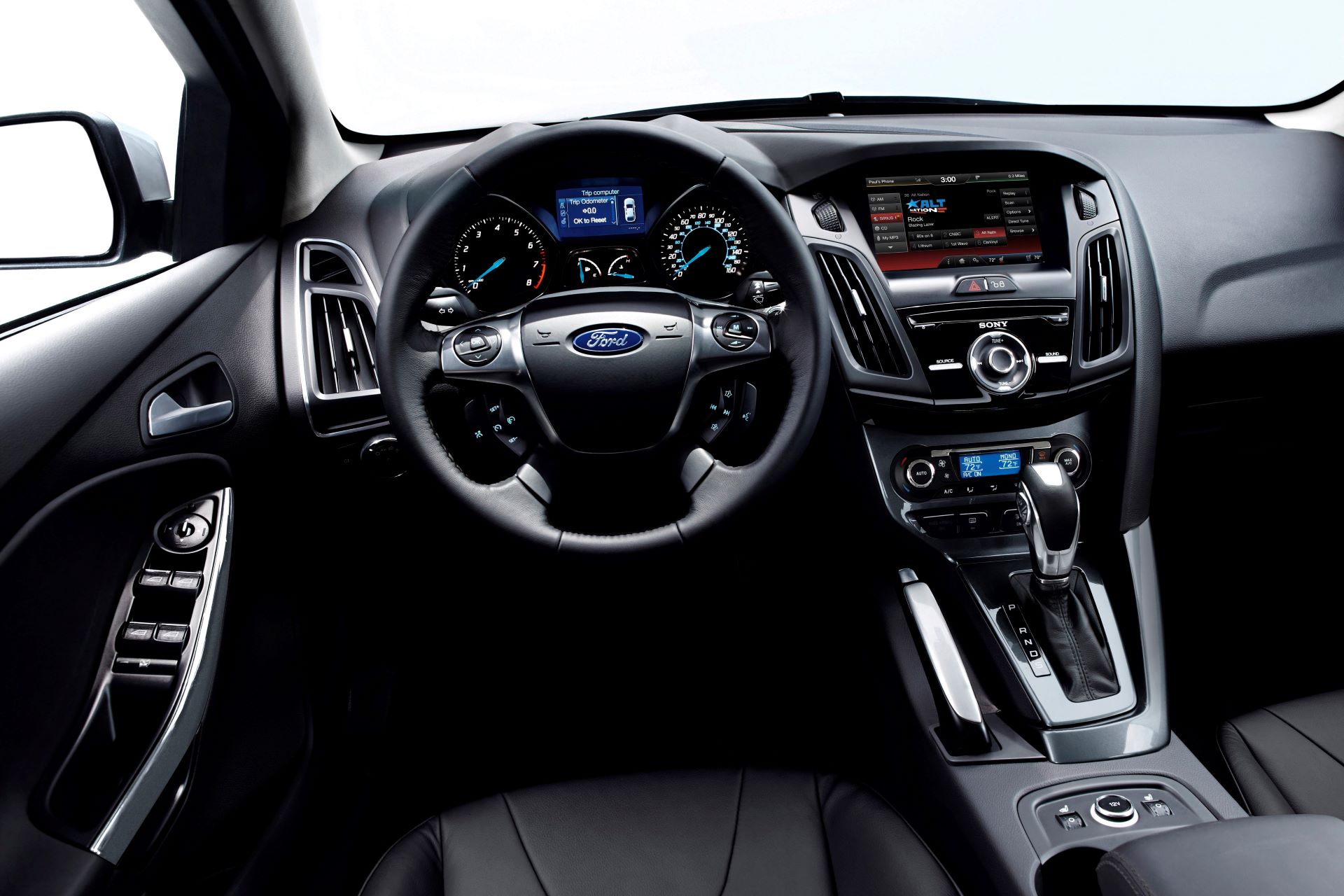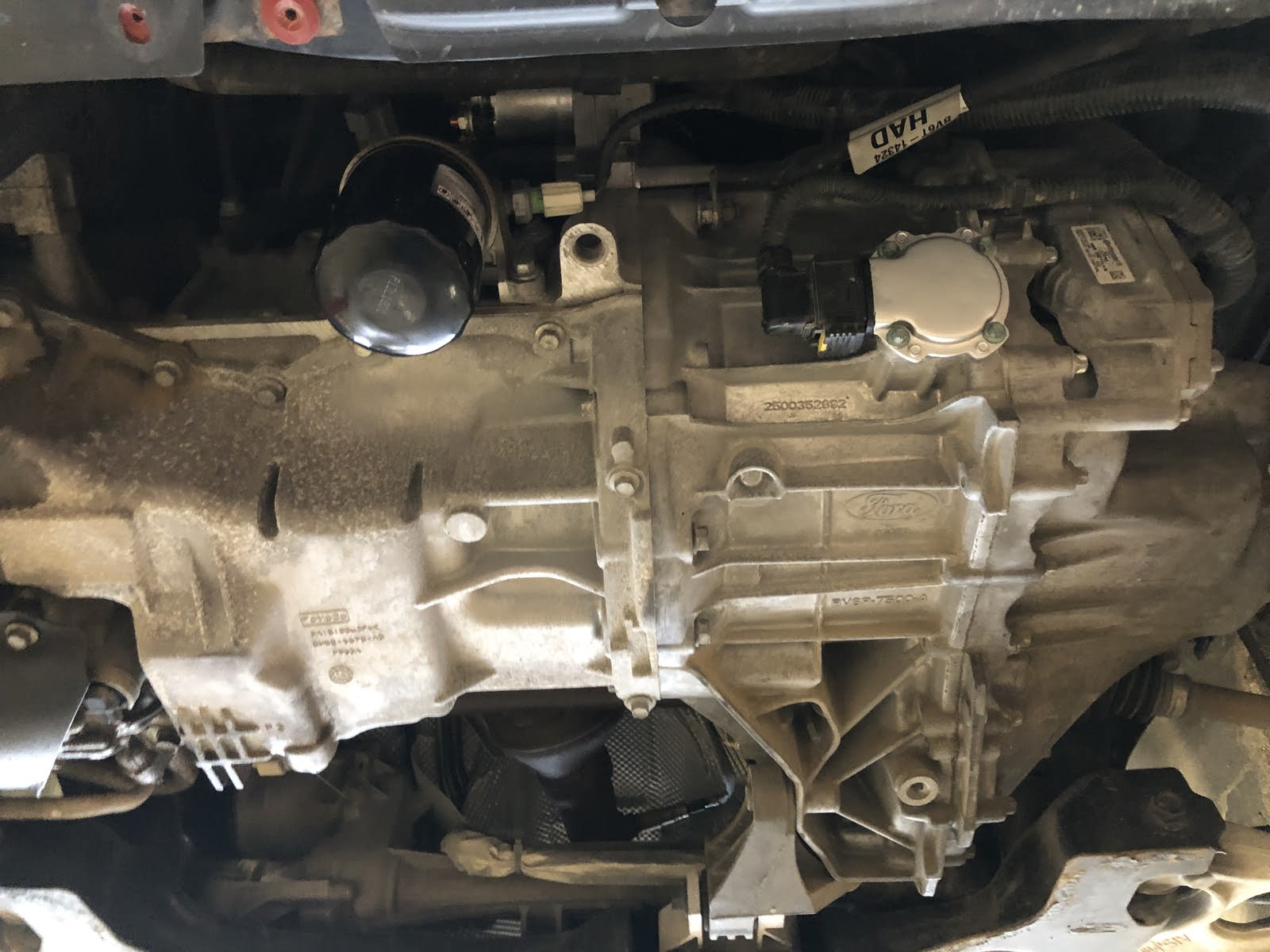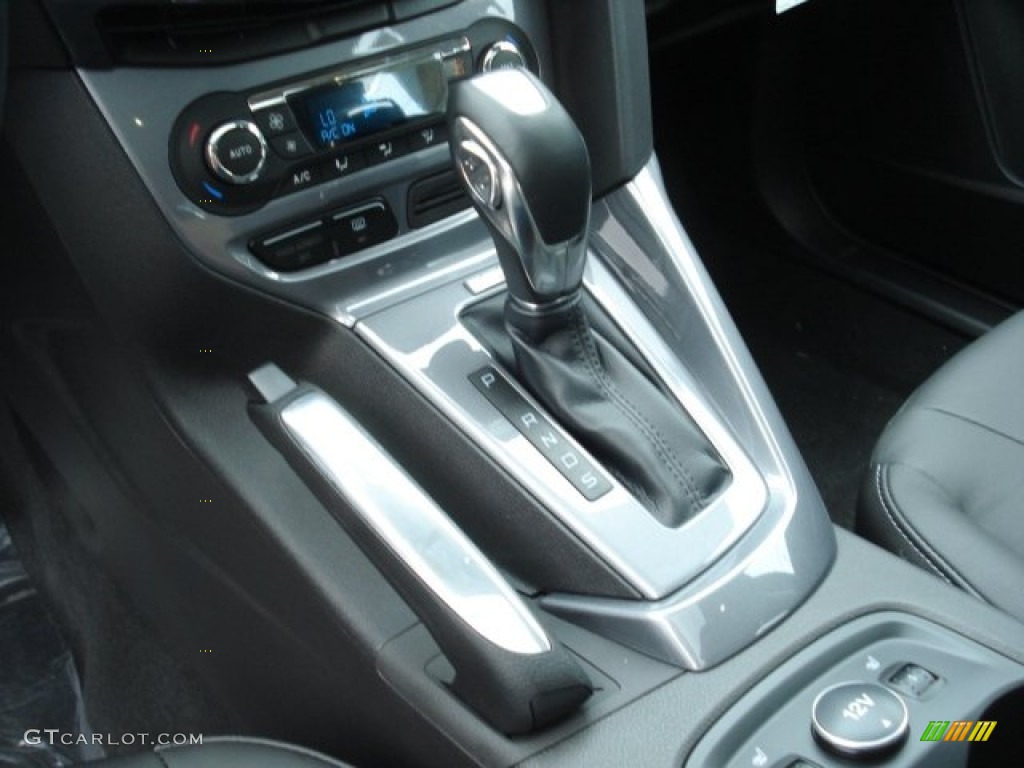2012 Ford Focus Hatchback Transmission

Imagine the open road, the wind in your hair (if you have the windows down, of course), and the promise of adventure stretching out before you. Now, picture that feeling slightly dampened – not ruined, but definitely…hesitant. That’s how many drivers of the 2012 Ford Focus Hatchback felt, their journeys punctuated by a transmission that didn't always seem to cooperate.
The 2012 Ford Focus Hatchback, while stylish and initially appealing, became synonymous with a specific issue: its PowerShift automatic transmission. This article delves into the history and impact of this transmission, exploring the experiences of drivers and the long-term consequences for Ford.
The 2012 Ford Focus arrived with considerable fanfare. Ford promised a fuel-efficient and fun-to-drive compact car, and the hatchback version, with its sleek design, held particular appeal. The PowerShift transmission was touted as a key element of this equation, offering the convenience of an automatic with the fuel economy of a manual.
However, the reality for many owners was far from the marketing promise. Reports of shuddering, slipping, harsh shifting, and delayed acceleration quickly surfaced. These issues weren’t just annoying; they sometimes created potentially unsafe driving situations.
The heart of the problem lay in the PowerShift’s dual-clutch design. Unlike a traditional automatic, which uses a torque converter, the dual-clutch system relies on two separate clutches to engage different gears.
In theory, this allows for quicker and smoother shifts. In practice, the PowerShift proved to be problematic, particularly in low-speed, stop-and-go traffic. The clutches often struggled to engage smoothly, leading to the characteristic shuddering.
Over time, the complaints mounted. Drivers took to online forums and social media to share their experiences and frustrations. Class-action lawsuits were filed against Ford, alleging that the company knew about the transmission problems but continued to sell the vehicles.
“I loved the look of my Focus,” said one owner on a popular forum, “but the transmission made it a nightmare to drive. I was constantly worried about it stalling or jerking unexpectedly.”
Ford attempted to address the issues with software updates and extended warranties. However, these measures often proved to be insufficient, failing to fully resolve the underlying mechanical problems. The company faced significant scrutiny and criticism for its handling of the situation.
The impact extended beyond individual owners. The 2012 Ford Focus transmission issues damaged Ford's reputation for reliability. The episode served as a cautionary tale about the risks of introducing new technology without thorough testing and validation.
The PowerShift debacle ultimately led to significant financial losses for Ford, including the costs of warranty repairs, buybacks, and legal settlements. More importantly, it eroded consumer trust in the Ford brand.
While the 2012 Ford Focus offered many positive attributes, the shadow of the PowerShift transmission looms large. It serves as a reminder that even the most well-intentioned innovations can backfire if not properly executed and supported.
The experience wasn’t all negative, though. The widespread complaints and subsequent lawsuits brought the importance of consumer protection to the forefront. It also highlighted the power of online communities in holding manufacturers accountable.
Today, the 2012 Ford Focus Hatchback remains a relatively affordable used car option. However, potential buyers are strongly advised to research the transmission issues thoroughly and, if possible, opt for a manual transmission model or a later model year with a different transmission design.
The story of the 2012 Ford Focus PowerShift transmission is a complex one, filled with both disappointment and lessons learned. It’s a chapter in automotive history that underscores the importance of reliability, transparency, and responsiveness to customer concerns.
